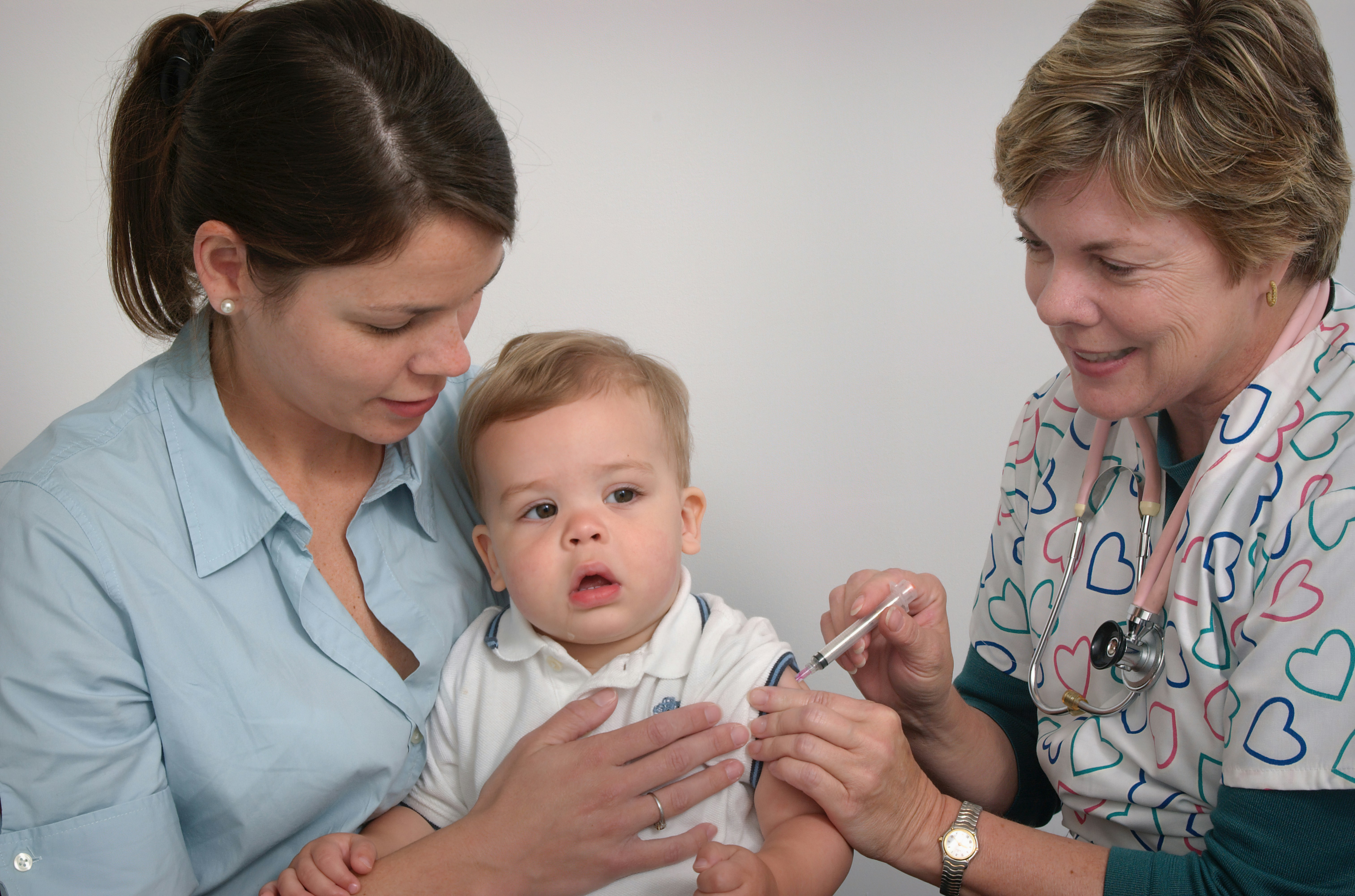Search
Research
Immunogenicity and Safety of a 2 + 1 DTPa Priming Schedule in Australian Infants and the Impact of Maternally Derived Antibodies on Pertussis Antibody Responses up to 4 Years of AgeWe assessed the impact of maternally derived pertussis antibodies on infant responses to a 2 + 1 vaccine schedule (6 weeks, 12 weeks, and 12 months). Infants with baseline antibodies showed lower IgG responses following the primary vaccination series, but this did not impair booster responses at 4 years of age.


News & Events
The Kids researchers help quantify global impact of life-saving vaccinesResearchers at The Kids Research Institute Australia have helped map the global impact of life saving vaccines to mark the 50-year anniversary of the Expanded Programme on Immunisation (EPI).
Research
School-based HPV vaccination positively impacts parents’ attitudes toward adolescent vaccinationThis qualitative study aimed to explore parental attitudes, knowledge and decision-making about HPV vaccination for adolescents in the context of a gender-neutral school-based Australian National Immunisation Program (NIP). Semi-structured interviews with parents of adolescents eligible for HPV vaccination were undertaken as part of an evaluation of a cluster-randomised controlled trial of a complex intervention in 40 schools (2013-2015).
Research
A phase III, multicenter, randomized, double-blind, active comparator-controlled study to evaluate the safety, tolerability, and immunogenicity of catch-up vaccination regimens of V114, a 15-valent pneumococcal conjugate vaccine(PNEU-PLAN)Despite widespread use of pneumococcal conjugate vaccines (PCVs) in children, morbidity and mortality caused by pneumococcal disease (PD) remain high. In addition, many children do not complete their PCV course on schedule. V114 is a 15-valent PCV that contains two epidemiologically important serotypes, 22F and 33F, in addition to the 13 serotypes present in PCV13, the licensed 13-valent PCV.
Research
Composition of early life leukocyte populations in preterm infants with and without late-onset sepsisComposition of leukocyte populations in the first month of life remains incompletely characterised, particularly in preterm infants who go on to develop late-onset sepsis (LOS). The aim of the study was to characterise and compare leukocyte populations in preterm infants with and without LOS during the first month of life.
Research
An Observational Study to Assess the Effectiveness of 4CMenB against Meningococcal Disease and Carriage and Gonorrhea in Adolescents in the Northern Territory, Australia—Study ProtocolInvasive meningococcal disease (IMD) causes significant morbidity and mortality worldwide with serogroup B being the predominant serogroup in Australia and other countries for the past few decades. The licensed 4CMenB vaccine is effective in preventing meningococcal B disease. Emerging evidence suggests that although 4CMenB impact on carriage is limited, it may be effective against gonorrhoea due to genetic similarities between Neisseria meningitidis and Neisseria gonorrhoeae.
Research
Statistical analysis plan for the OPTIMUM study: optimising immunisation using mixed schedules, an adaptive randomised controlled trial of a mixed whole-cell/acellular pertussis vaccine scheduleThe purpose of this double-blind, randomised, controlled trial is to compare allergic outcomes in children following vaccination with acellular pertussis (aP) antigen (standard of care in Australia) given at 2 months of age versus whole cell pertussis (wP) in the infant vaccine schedule.
Research
The safety of co-administration of Bacille Calmette-Guérin (BCG) and influenza vaccinesWith the emergence of novel vaccines and new applications for older vaccines, co-administration is increasingly likely. The immunomodulatory effects of BCG could theoretically alter the reactogenicity of co-administered vaccines. Using active surveillance in a randomised controlled trial, we aimed to determine whether co-administration of BCG vaccination changes the safety profile of influenza vaccination.
Research
Prevalence of respiratory viruses in community-acquired pneumonia in children: a systematic review and meta-analysisRespiratory viruses are increasingly detected in children with community-acquired pneumonia but prevalence estimates vary substantially. We aimed to systematically review and pool estimates for 22 viruses commonly associated with community-acquired pneumonia.
